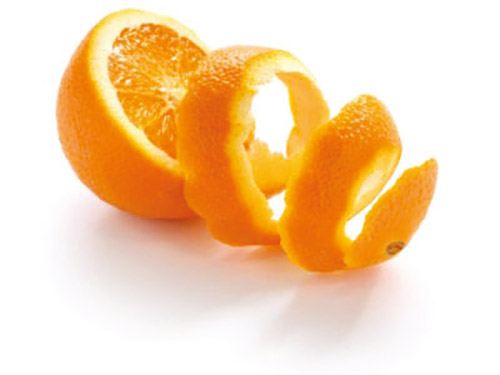


Vermouth, a botanical-infused fortified wine that is a key ingredient in so many classic cocktails—such as the martini and the Manhattan—has long been made kosher by some of the world’s leading producers, such as Martini & Rossi and Cinzano. Unfortunately, those kosher versions have never been sold in this country, so passionate mixologists have had to pick up bottles on their travels to other countries.
But the truth is, really good kosher vermouth is hard to find. When I became interested in cocktails in the 1990s, I found Kedem Vermouth, and briefly Carmel Vermouth. Both were passable, and I will still sometimes use Kedem Vermouth, but when compared to the kosher vermouths made in Italy that I’ve tried from Israel, France, Canada and elsewhere, they just were not the same. So ever since then, whenever I’ve traveled abroad, if possible, I’ve brought back kosher vermouth. I’ve even on occasion made my own homemade vermouth. But the reality is that schlepping vermouth from abroad may not be necessary for long.
Recently, within a matter of days, I learned about three new domestic kosher vermouths, and I was eager to try all three. Two were produced by a company called Fresh Fizz Soda, and were sold out before I was able to try them. The third is made by Jonathan Hajdu of Hajdu Wines—he is also the head winemaker for Covenant Wines—and is definitely worth seeking out.
Made from a rosé wine produced from Barbera grapes infused with Seville oranges, yuzu, vanilla, saffron, cinnamon, black pepper and wormwood, this dark, peach-colored vermouth is fortified with a sugar cane distillate (which allows it to be kosher for Passover). Look for a bouquet redolent of Seville oranges, vanilla and rose petals. The flavor is dominated by Seville orange peel at the front of the palate, moving towards notes of saffron and pepper mid-palate, and a light note of wormwood bitterness on the finish.
Hajdu Vermouth is dryer than a traditional dry vermouth and also more acidic, making it a bad choice for a martini, but that extra bit of acid makes it—unlike a traditional vermouth—very nice on its own, served well-chilled, as an aperitif. However, Hajdu did tell me that he is working on a more traditional dry vermouth, one that would be more appropriate for martinis. “It is still in the planning stage, but I am definitely planning on making it,” he said.
Hajdu Vermouth is available at $22 for a 375 ml bottle from hajduwines.com.
I spent a bit of time tinkering with Hajdu Vermouth in cocktails, and created a cocktail—a variation of that 19th century classic, the Bronx Cocktail—which showcases the virtues of this unique vermouth.
The Dry Bronx Special (Kosher for Passover!)
The Bronx Cocktail was invented by Johnny Solon, a bartender at the old Waldorf-Astoria hotel, which was located on what is now the site of the Empire State Building. Solon’s cocktail—which was named for the Bronx Zoo—consisted of two parts of gin, to one part of orange juice, with a dash each of sweet and dry vermouth. I upped the quantity of vermouth but used only one sort. I also added a bit of simple syrup (it was a bit too dry without it) and dashes of bitters to add a touch more botanical complexity. The result is dryer and more aromatic than the traditional Bronx Cocktail.
- ¼ cup Kosher for Passover gin (my favorite is from Distillery No. 209)
- 2 tbsp. Hajdu Vermouth
- 2 tbsp. freshly squeezed orange juice
- 1 tsp. 1:1 simple syrup (see note below)
- 2 dashes Angostura Orange Bitters (omit when making on Pesach)
- A strip of orange peel as garnish
Fill a 4- to 5-ounce cocktail glass with ice water in order to chill the glass. Add all the ingredients, except the peel, to a cocktail shaker filled with ice. Shake well. Pour the ice water out of the cocktail glass, then strain the contents of the shaker into the glass. Garnish with the strip of peel. (To give the peel a bit of curl, wrap it tightly around a chopstick.)
Note: To make simple syrup, fill a heatproof glass with boiling water to warm it. After a minute pour out the water, then add 1 tbsp. of boiling water and 1 tbsp. of Demerara or turbinado sugar. Stir until the sugar is dissolved. Allow the syrup to cool to room temperature before using. The leftover syrup should stay for up to a week if refrigerated.
Gamliel Kronemer has been writing for more than 15 years about kosher wine, spirits, cocktails and food in a number of Jewish newspapers and magazines, including The Jewish Link. He lives with his wife, Jessica, in Silver Spring, MD.










